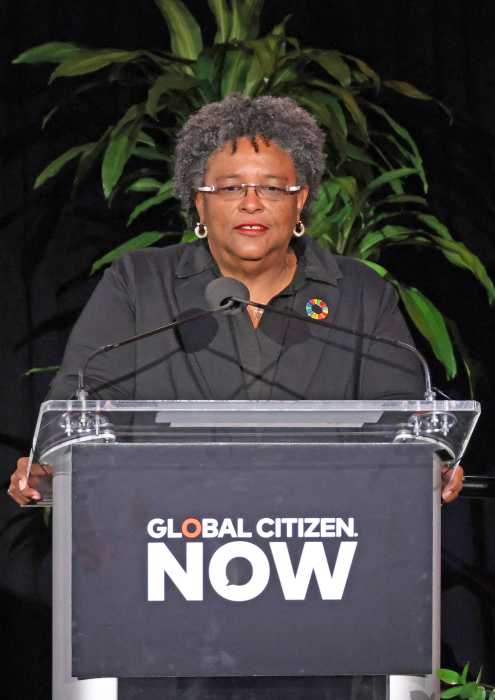For the second time this month, Caribbean governments have been forced to go into emergency mode to check on the well-being of, or arrange for the hasty departure of citizens from far-away countries plagued by civil unrest or natural disaster, with the latest relating to the plight of nationals living in Japan, as the country reels from last week’s devastating earthquake, tsunami and fears of a nuclear meltdown.
A month ago, diplomats at foreign ministries across the region were working feverishly to make contact with and arrange flights for Caribbean citizens who wanted to abandon mostly Islamic study stints, tourism and petroleum industry jobs as civil unrest boiled in Egypt and later in neighboring Libya.
Hours after the 8.9 magnitude quake struck Japan, calls were placed by Caribbean governments to Tokyo and other Japanese cities where nationals from the region were known to be located, but unlike Egypt and Libya where communication facilities were deliberately cut off, most governments reported immediate contact with scared but uninjured nationals.
Jamaica’s foreign affairs and trade ministry said at the weekend that it was able to locate and speak with all 10 Jamaicans on the Japanese Exchange and Teaching Program who were living in the northern regions which were among the worst hit by the quake, the tsunami and the devastation that followed.
Foreign Minister Ken Baugh described the efforts of his ministry as “a work in progress as communication is a bit difficult at this time.”
Baugh said a special desk at the ministry was being set up this week to handle queries from concerned relatives and friends but “we are doing all we can to make sure we have information about them. We don’t have all the information at this time. I’ve spoken to the Japanese ambassador. The country is well prepared and well designed in architecture,” the Gleaner newspaper quoted him as saying.
Down in the southern Caribbean, Trinidad and Tobago, Foreign Minister Suruj Rambachan said authorities had better luck this time in locating and communicating with nationals in Japan than in the Middle East as civil unrest raged in recent weeks.
“I don’t have a problem. I am feeling much better about having been able to locate them. We have not been able to discuss matters of evacuation,” he said.
Japanese authorities fare that thousands of people have been killed and untold thousands missing in the aftermath of the quake that came 14 months almost to the day when the Caribbean island of Haiti was struck, killing more than 300,000 people and decimating the housing stock in the capital and nearby cities.

























